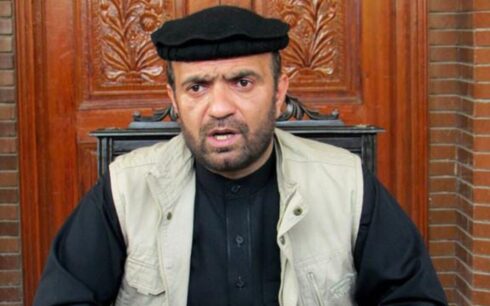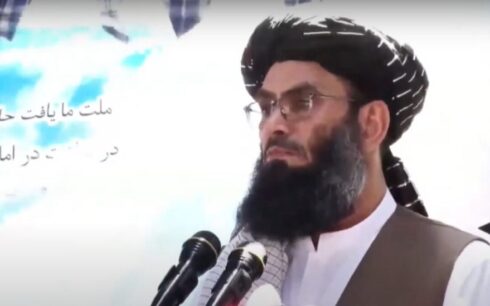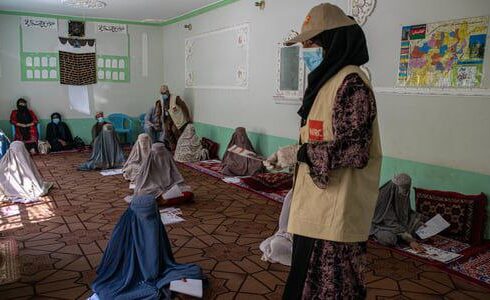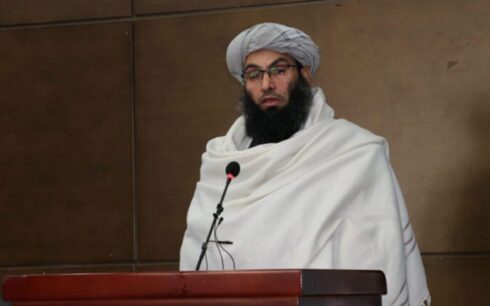New York — As the third Doha meeting on Afghanistan approaches, Human Rights Watch has called on the United Nations and the Security Council to adopt a firm stance on human rights violations by the Taliban.
In a letter to the U.N., Human Rights Watch stated that the upcoming meeting is a critical opportunity to demonstrate that human rights in Afghanistan are not negotiable. “The third Doha meeting is a chance to show that human rights in Afghanistan are not a bargaining tool,” the letter emphasized.
Since the last Doha meeting in February 2024, the Taliban’s treatment of women and girls in Afghanistan has worsened, with experts labeling it as “gender apartheid.” The letter highlighted that the Taliban’s restrictions on women have increased, not decreased.
“The intensifying repression of women signals that current measures against the Taliban have been ineffective,” Human Rights Watch asserted.
Human Rights Watch also expressed concern about the international community’s engagement with the Taliban. “The upcoming Doha meeting is a crucial moment for the U.N., Security Council, and international community to coordinate a clear message that the rights of Afghan women and girls are non-negotiable,” the organization stressed.
The letter called for the global community to demand the restoration of Afghan women’s lost rights. Human Rights Watch also suggested that a U.N. Special Envoy for Afghanistan might be appointed at the third Doha meeting.
However, the organization emphasized that this envoy must be “the principled voice” of the international community. “Women’s rights must be central to discussions in Doha, including in addressing the humanitarian crisis, political process, and counter-terrorism efforts,” the letter outlined.
Human Rights Watch urged member states to establish safeguards ensuring the respect of women’s rights in Afghanistan, in line with international obligations. “The full spectrum of women’s human rights must be respected, without exception,” the letter urged.
The letter also called for the participation of Afghan women in public life and decision-making processes and the removal of Taliban restrictions on women working for the U.N. and NGOs. “Humanitarian aid must be delivered in a gender-responsive and non-discriminatory manner,” it emphasized.
Human Rights Watch demanded an end to the targeting of human rights defenders and accountability for those violating international human rights and humanitarian law. “Perpetrators of violations, including gender persecution, must be held accountable,” the letter declared.
The international community should present a unified demand for the Taliban to reverse policies restricting women’s rights. “Sending countervailing signals that downplay the human rights crisis risks legitimizing a regime that continues to violate fundamental freedoms,” the letter warned.
Human Rights Watch insisted that diverse Afghan women, including human rights defenders, be fully represented in all discussions. “Meeting to discuss Afghanistan without half its population undermines the Doha process and its outcomes,” the letter stated.
Finally, the proposed U.N. Special Envoy for Afghanistan must be a principled advocate for human rights. “The envoy must represent the international community’s commitment to human rights,” the letter concluded.





